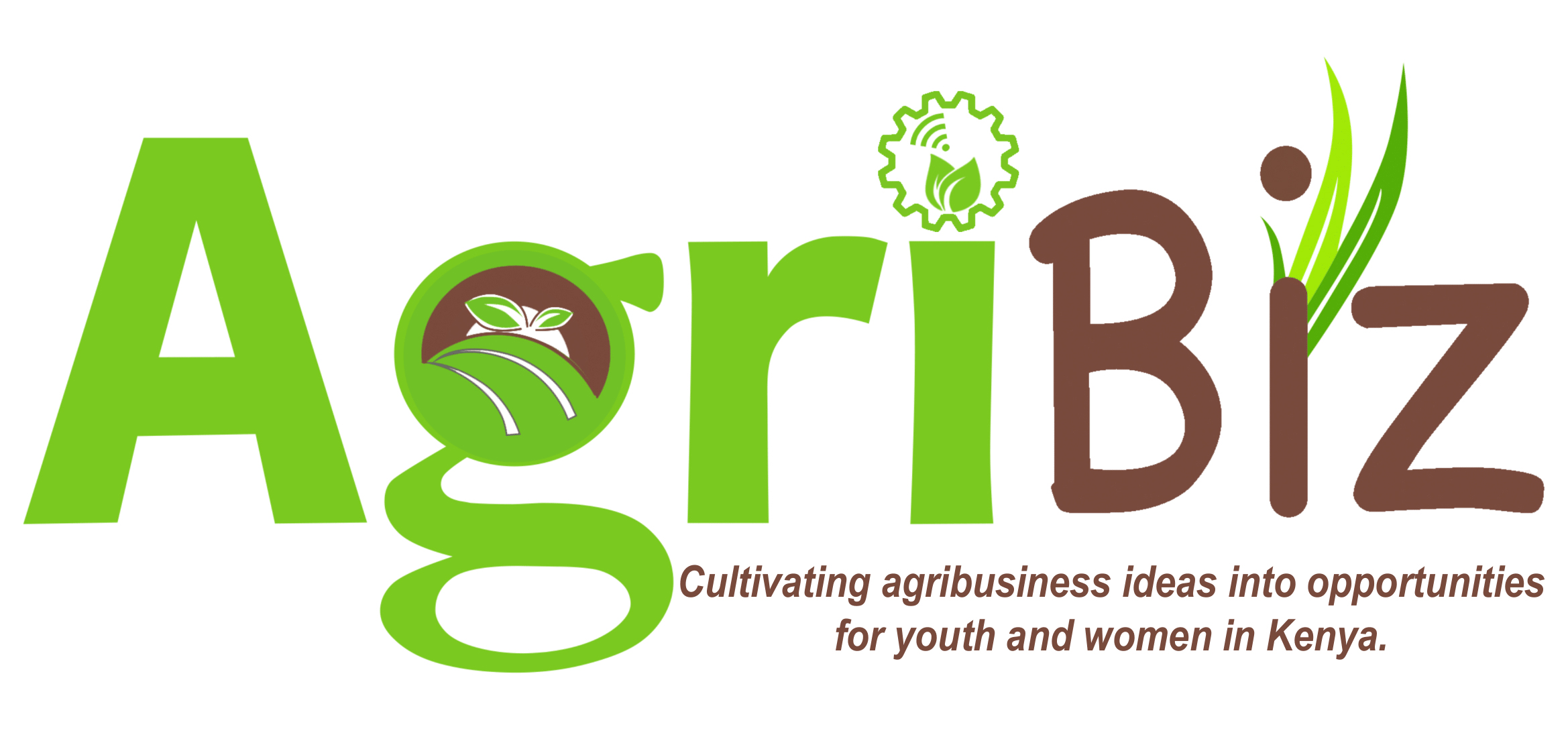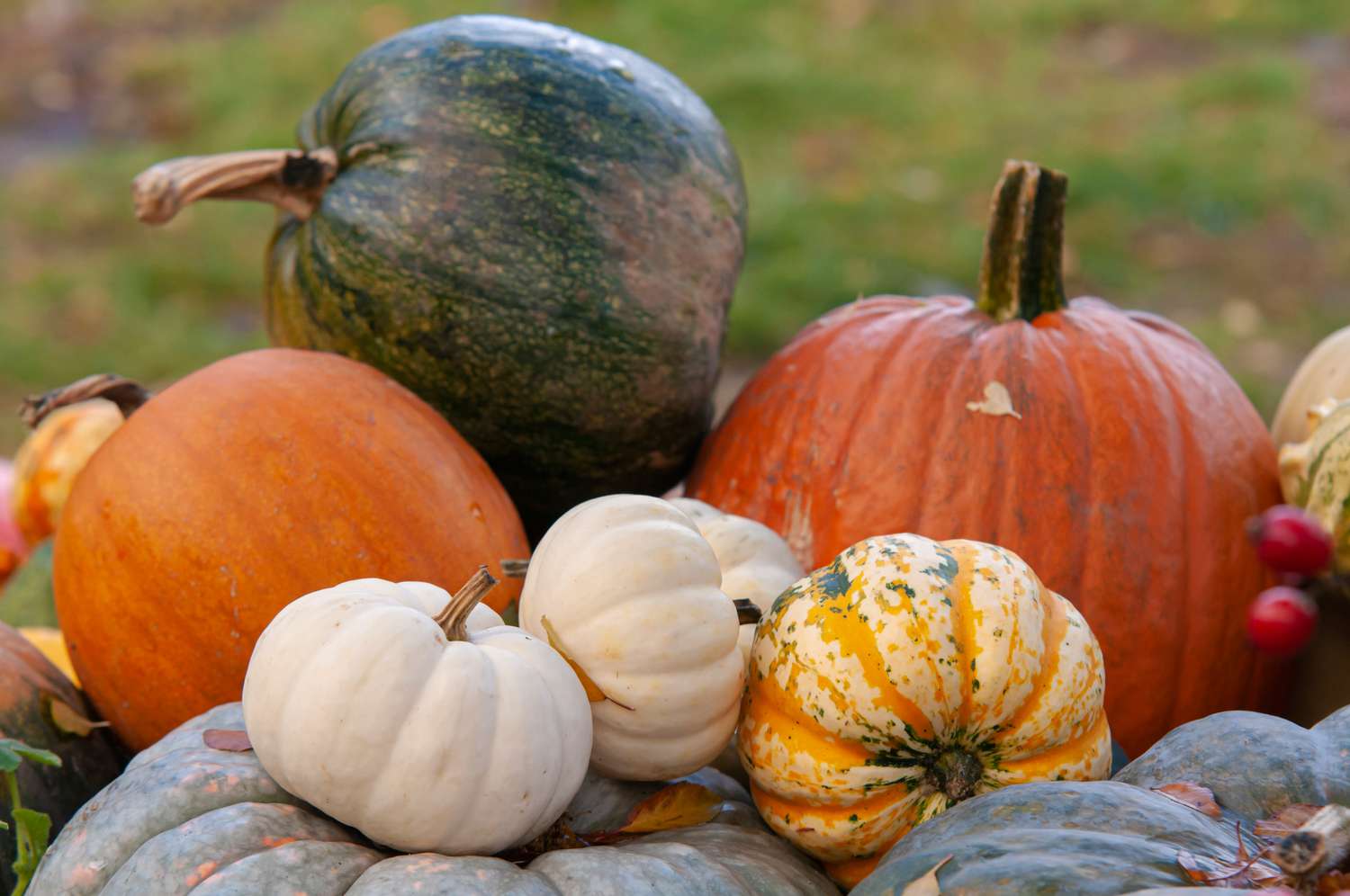For many years, pumpkins were regarded as one of the less important crops in Kenya. To change this mindset, Pegotty Mutai with her three friends, Esther, Lilian, and Wangeci got into a partnership for extensive research on pumpkins processing to discover how much value could be added to the product beyond making soup – which is basically what most people use pumpkin for in the country.
Their research led to discovering the value addition of pumpkins into pumpkin seed oil (from pumpkin seeds) and pumpkin flour (from the pumpkin flesh). The result of their partnership is Tasher Botanicals, a pumpkin processing company that makes pumpkin flour and pumpkin seed oil, founded in November 2019.
Mutai and her friends wanted to change the poor health habits of most Kenyans and reduce their dependence on a few seasonal crops. They knew they knew that while many pumpkins were grown in the community, the crop only fetched low prices and is often considered “women’s food”. The thought to process pumkins was ideal. Curious about what value could be added to the pumpkins, Mutai and her friends began researching the crop and discovered its nutritional values. Pumpkins are rich in dietary fibers, vitamins, minerals and antioxidants, and they do not increase cholesterol levels.
“We thought of how pumpkins could be processed into flour for pastries, how it could help farmers and provide jobs to the unemployed while generating profit for us,” Mutai recalls.
The four friends intend to use their business to solve social issues like youth unemployment, rural farmers’ development, food supply shortage and a healthy food alternative. Apart from creating employment, the enterprise offers pumpkin farmers a ready market for their produce at better prices.
“The good thing about pumpkins is that they are not seasonal. They grow after six months and keep growing for the next six months without planting a fresh seed,” says Mutai.
At the moment, Tasha Botanicals is the only pumpkin processing company in Machakos County and its environs.
Indeed, it couldn’t have been that easy?
“Running a business isn’t an easy task. It requires one to work harder and think deeper,” says Mutai. “When we started, we didn’t have any knowledge on processing. We had to attend several trainings and learn the type of equipment we required and how to use them. This equipment is unfortunately costly, and we have not been able to afford it on large scale. Currently, we are doing the small scale manual production, which is slow and not of good quality,” she says.
Finding an appropriate location for her company to meet the Kenya Standards Board’s requirements and convincing people of the product’s health benefits were other challenges the business faced in its first months. The value addition process is currently being done at home, where they are using unconventional methods to extract oil and process the flour.
Manual production affects profit margins. Due to the slow and manual process of value addition, the business cannot keep up with client orders, thereby losing potential loyal customers,” Mutai adds.
Despite these challenges, Mutai says their business has made tremendous progress in its elementary months. The company has been able to gain market acceptance through trade shows, exhibitions, and advertisements which she uses to raise awareness on the health benefits of pumpkin. Her wish is to mechanize the company’s value addition processes and set up a production facility for pumpkins’ processing and value addition.
Currently, the company has developed a prototype of both pumpkin flour and pumpkin seed oil. “Tasher Botanicals has sold a total of 30 bottles of 100ml that they sold at Kes.500 per bottle to their close circles, which were mainly repeated orders,” she explains.
“We are also happy to partner with Kenya Climate Innovation Centre, who have supported us in the development of a business plan with a marketing strategy and a project implementation plan. KCIC has also enabled us access information on any funding opportunities available as well as mentorship with deeper analysis of value addition project execution.”
Anything we can learn from Mutai’s experiences?
Mutai attributes their success in the market to perseverance, hard work and the openness to learn from other entrepreneurs. She says that what you set your mind to do, you will achieve and just start small and grow.
In future, the enterprise hopes to supply their products to all regions in Nairobi. Mutai is confident that Tasher Botanicals will offer health and nutrition-conscious individuals, invalids or people with special needs and dry food consumers a better and healthy alternative flour and oil.
If offered financial assistance from KCIC, the enterprise looks to purchase equipment for pumpkin processing, including an oil expeller, solar drier, packaging materials and working capital. The success of Tasher Botanicals is not only a win for Mutai and her friends. She says that the company will create employment opportunities and help eradicated poverty while at the same time a source of nutritious and healthy food. “Having our business has afforded us to be job creators and create impact in the community– which has always been my dream,” Mutai concludes.





